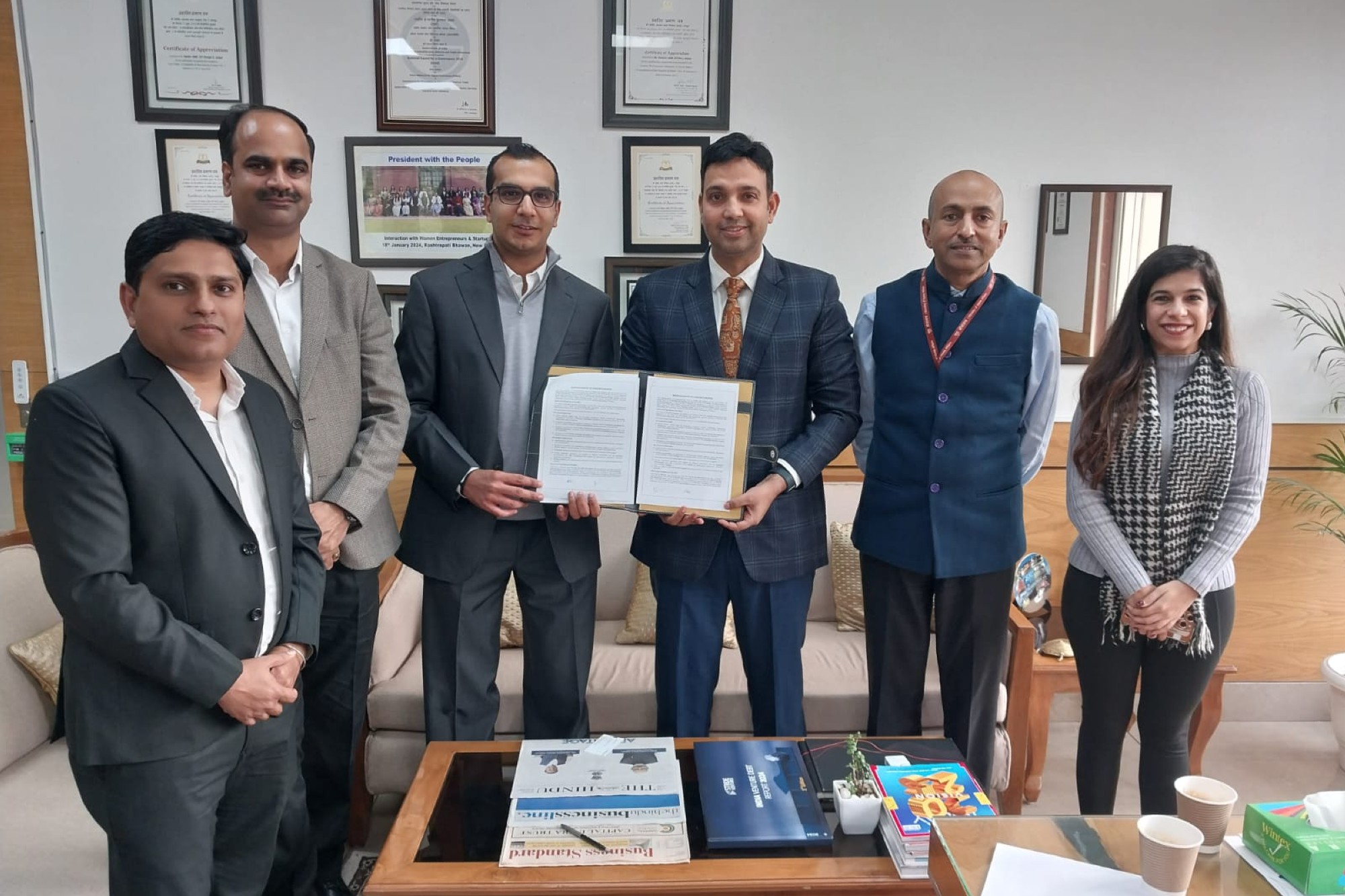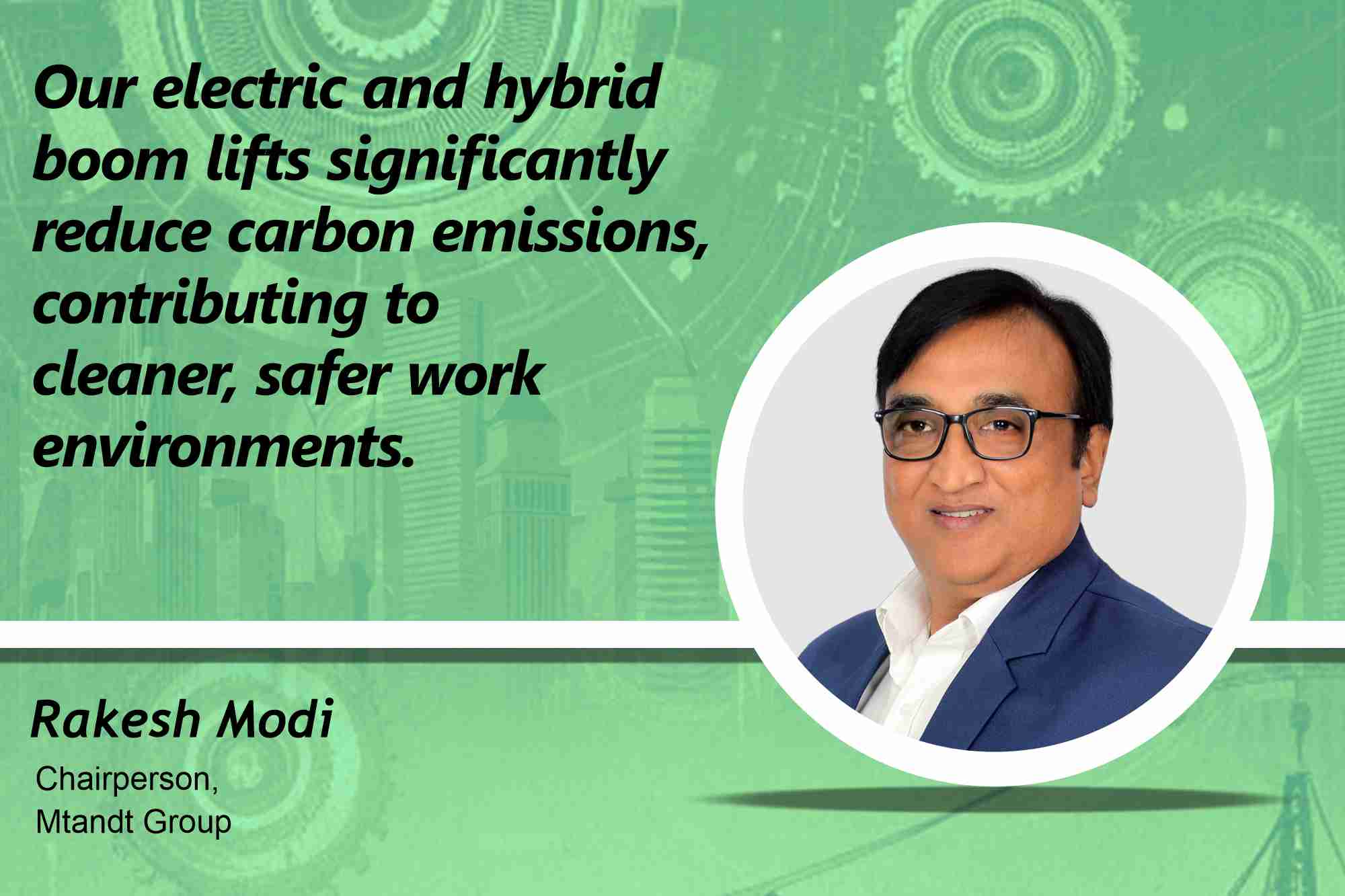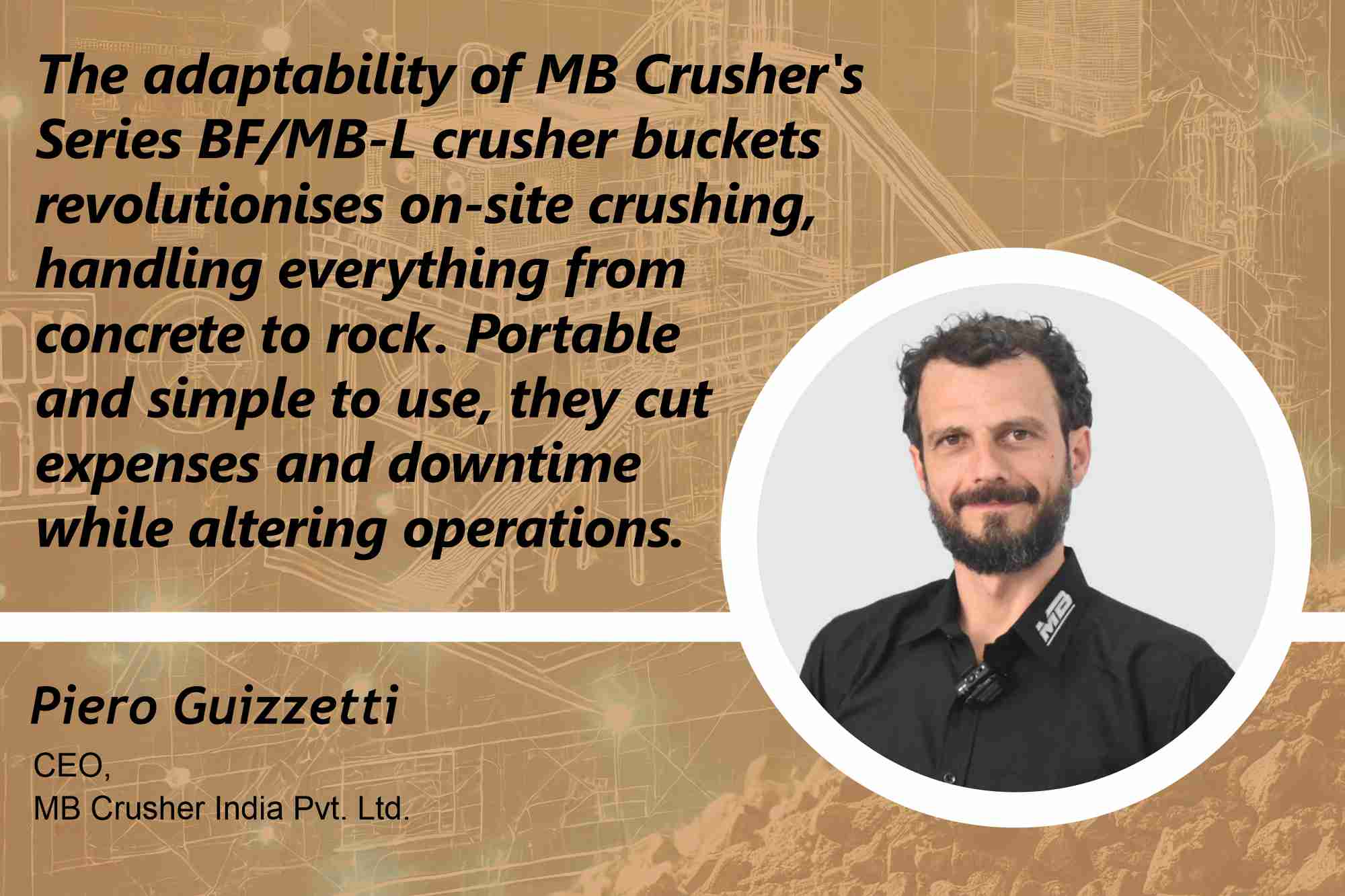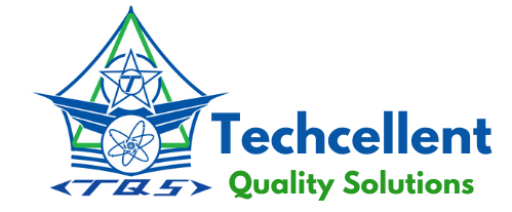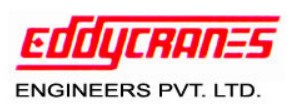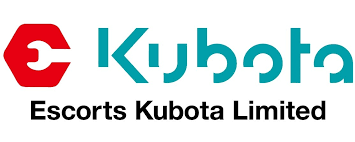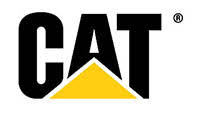Following strict code of conduct
By Edit Team | November 8, 2016 5:03 am SHARE

Storage is still challenge and it is still not on the priority list of an execution site & there is a lack of awareness and interest.
Infrastructure sector is the most unorganised sector which needs lots of improvements in terms of adopting eProcurement process, using SAP, ERP Software, taking advantage of globalisation etc. procurement forms major part in infra sector. Pankaj Udeshi, Assistant General Manager Procurement, Supreme Infrastructure India Ltd speaks about procurement blues.
Major challenges for procurement
Construction and infrastructure projects are only profitable if it is executed in time, delay is the principal cause of concern in this sector, the organisation’s profit is eaten away because of various inherent reasons like approvals of drawings, permission of different government authorities, ban on certain basic construction material by local or central government (like excavation of river sand not permitted in Maharashtra state, same as excavation of aggregates in Punjab state is not permitted, also ban in the coal mines) to build a road without aggregates are not possible and it leads to increase cost of transportation to bring aggregates, river sand, coal etc from nearby states and delay in land acquisition in BOT road Project. When asked about the major challenges that the area of procurement faces, Pankaj says, “Due to above problems cash flow are in bad shape, scarcity and non-availability of material will always encourage suppliers to final orders in his terms in respect to rates, delivery schedule and payment terms etc. it will affect us in many ways like increasing cost, mismatch budget, difficult to handle cash flow and increase the project life cycle time like anything.”
How to beat procurement
Pankaj has a two-point plan. He explains, “One area is the credit terms. Credit terms generally depend upon the product to product. As far as infrastructure is concern, generally three to four major material require in large ratio like steel, cement, bitumen and other related refinery products. These products are generally supplied by government organisations like SAIL,RINL,HPCL,BPCL,IOCL etc. and cement companies like Ultratech, ACC and Ambuja are major player in market. All above manufacturers generally maintain same rates and credit of his product in the market and minimum bargaining is possible, so we have only chance to choose supplier.”
He continues by saying, “Logistic is on improvement side day by day in India as supporting infrastructure is in process of development. Storage is still challenge and it is still not on the priority list of an execution site & there is a lack of awareness and interest.”
Where we lack?
There are 4 areas where India lacks when it comes to procurement according to Pankaj.
eProcurement: “We are reluctant to adopt new and advance technologies in business. eProcurement is not adopted by each and every organisation because of usage of old IT equipment that need overhaul, high costs required to make the equipment compatible, lack of regular use by employees, resistance to change by users, lack of e-procurement implementation capacity by small suppliers, higher adoption costs and lack of finances,” says Pankaj. He further says, “In India we are still follow old systems of trained people to manage tactical activities and not to manage procurement based on the understanding of business drivers and supply market capabilities.”
Speaking about globalisation, he says, “We are still not taking advantages of globalisation in procurement due to lack of knowledge of international trade process, not having facilities of Letter of credit in bank, fear of change in exchange rates of international currency, lack of sufficient data of international suppliers etc. Cash flow is another big problem as far as infrastructure projects is concern, it is require very huge investments and very tight control on cash flow which leads to affects commitments to all agencies and make easy control on cost of procurement.”
Lack of training is another area that we lack in, Pankaj says, “Due to heavy work pressure extra time for training and development of procurement professional is difficult to spare therefore It is important for providing training and development programs in working hours by organisation or may be on Sunday. It covers not only those activities which improve job performance but also those which bring about growth of personality.”
Dealing with the unfair practices of the vendors
It is always the policy of the procurement head or officers to purchase the material at minimum cost and on the terms which is best advantages to the company on the other hand the vender always try to sale his product with a good margin and under such circumstances the responsibility of the purchase officer is of great importance. There could be the circumstances when the vender may try to lure Purchase officer.
Speaking on dealing with the unfair practices, Pankaj says, “The purchase officer concentrates procuring material at the best economical price the other factors like pleasing and luring the purchase officer in any other manner vanish automatically. As a company policy we required conduct of affairs in a fair and transparent manner by adopting the highest standards of professionalism, honesty, integrity and ethical behaviour and we make endeavour to achieve the same. Procurement officers are always seating on hot chair and having representing procurement department, suppliers always maintain good relations with them and try to make them happy at any cost.”
He adds, “Our company has code of conduct, there is a provision under the code requiring employees to report violations (i.e. every employee shall instantly report to the management or concern authority as and when he or she becomes aware of actual or possible violation of code or an event of misconduct or act which is not in interest of company.”
In a concluding note, Pankaj says, “In addition to the above, we have also policy for our suppliers or other organisations which deals with our company; this policy provides protection to the suppliers or other organisations from any victimisation or other unfair practice by any of the employee of our company.”
Cookie Consent
We use cookies to personalize your experience. By continuing to visit this website you agree to our Terms & Conditions, Privacy Policy and Cookie Policy.


